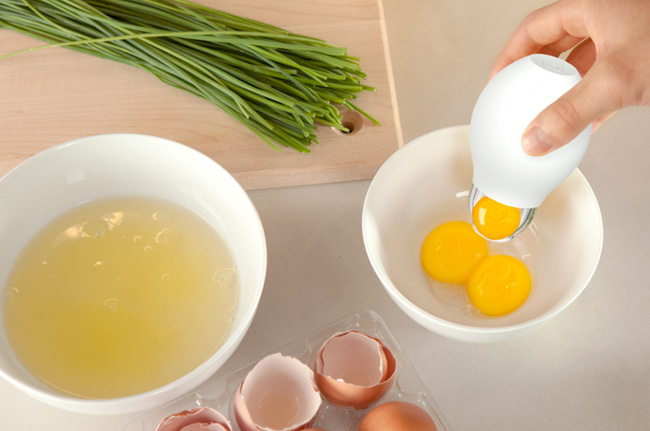There are people who insist that egg yolks are the devil seeing as they are packed with cholesterol. What these people don’t know is that egg yolks are part of the egg and there’s a very good reason for that being so. Find out some surprising myths and facts about egg yolks according to health.usnews.com
Myth 1 : It is advisable to eat a maximum of 3 eggs a week.
Before getting into the yolk, let’s examine the entire egg. Many people can’t get past the old-school guideline of eating a maximum of three eggs per week. This guideline came about in the 1970s, after the American Heart Association recommended that dietary cholesterol be limited to 300 milligrams or less per day. Subsequently, the American Heart Association recommended that egg consumption be restricted to a maximum of three eggs per week in order to achieve these cholesterol guidelines. As one large egg contains about 211 milligrams of cholesterol, restricting eggs seemed logical. Recently, however, the American Heart Association has updated their recommendation, making it clear that eggs (including the yolk) can absolutely be part of a healthy eating plan – every day! The American Heart Association recommends that up to one whole egg (yolk and white) per day can be part of a healthy eating plan, if it’s swapped out for higher cholesterol foods such as meat, poultry and dairy.
Myth 2 : All the protein is found in the egg white.
Although the egg white does contain a nice amount of protein, don’t count out the yolk. One large egg contains 3.6 grams of protein in the egg white and an additional 2.7 grams of protein in the yolk – that’s 60 percent protein in the egg white and 40 percent in the yolk! Something to think about the next time you’re about to discard that yolk.
Myth 3 : It’s healthier to toss the egg yolks.
Besides having a relatively good amount of protein, the yolk also contains heart-healthy unsaturated fat, including omega-3 fats. Many people have been scared off by fat and cholesterol in eggs, but forget that foods such as meat, poultry and dairy can contain the same amount or more. In addition, studies have shown that saturated fat raises blood cholesterol with more force than the cholesterol found in food. With around 1.6 grams of saturated fat per large egg (or 8 percent of the recommended maximum daily amount), egg yolks can definitely be worked into a healthy eating plan.
Egg yolks are also brimming with many good-for-you nutrients, such as riboflavin, vitamin D and vitamin B-12. Plus, the yolk is home to nutrients such as choline and selenium. Recent studies suggest that choline plays a role in fetal brain development, making choline-rich food (like eggs) a preferable choice for pregnant women. The antioxidant selenium is a trace mineral and is involved in the immune system and hormone balance. Studies have shown that selenium may also help protect against certain forms of cancer.
And let’s not forget about the phytochemical antioxidants zeaxanthin and lutein, which are both members of the carotenoid family. Both zeaxanthin and lutein have been shown to play a role in eye health. Studies have shown that both phytochemicals may help reduce the risk of macular degeneration, a leading cause of vision loss that happens as we age. In addition, lutein has also been shown to be association with skin and heart health.
So what’s an egg-lover to do?
With only about 70 calories per large egg and a boatload of important nutrients, you should be eating the entire egg! Even better, the American Heart Association lists eggs as a budget-friendly choice. If you do choose to make an omelet, frittata or quiche, combine whole eggs with egg whites to help keep important nutrients in the diet while cutting down on the fat and cholesterol. This will also help you adhere to the recommended one-egg-per-day guideline.
By Tom Amidor

